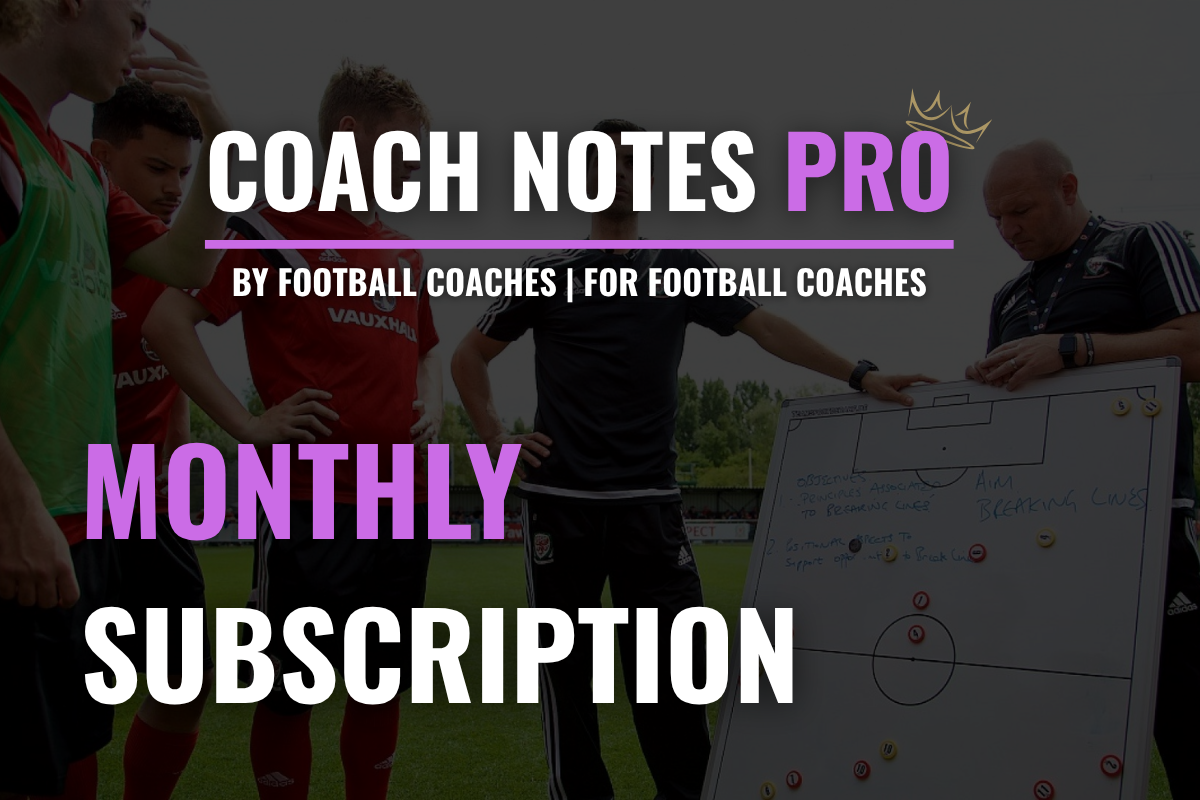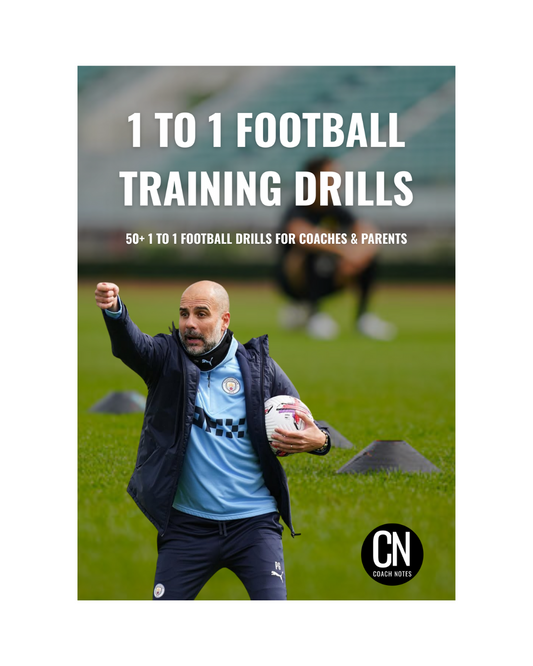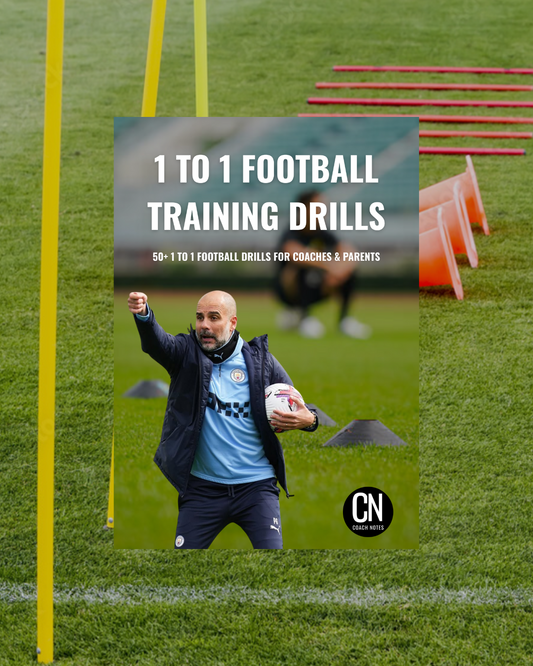
Liam Manning
Share
👤 Coach Bio
Liam Manning is one of the most progressive young coaches in English football. A product of West Ham’s academy coaching structure, his stock rose sharply following an impressive spell with MK Dons, where he implemented a forward-thinking, possession-based style that caught attention across the EFL. His tactical acumen and adaptability saw him take the reins at Oxford United before his current role at Bristol City, where he’s aiming to blend control with intensity in the Championship’s demanding environment.
Manning is known for his cerebral approach. His teams are methodical in their build-up, tactically fluid, and highly rehearsed in exploiting space, hallmarks of a coach who places tactical understanding above reactive decision-making.
🧠 Playing Philosophy
Manning’s coaching identity is rooted in dominating the ball and dictating the rhythm of games. He values positional structure and encourages intelligent risk, where players are empowered to make brave decisions with the ball.
His philosophy borrows elements from positional play (juego de posición) with a strong emphasis on using the ball to unbalance opponents, rather than direct physicality or transitional chaos.
Key principles include:
- Structured build-up through the thirds
- Positional discipline with constant scanning
- High-quality movement to create overloads
- Patience in possession to provoke pressure and exploit space
🧩 Style of Play
In Possession
Manning’s teams often adopt a 2-3-5 or 3-2-5 shape in sustained possession, depending on the opponent’s pressing structure. The centre-backs split, with a pivot dropping in to create a back three when building from deep. Full-backs are key, they either provide width or invert into central areas depending on the phase of play.
- Build-Up: Controlled and deliberate. Play is built from the back with numerical superiority sought in the first and second phases.
- Progression: Use of third-man runs, rotations in the half-spaces, and central midfielders who can receive under pressure.
- Final Third: Focus on wide rotations and cutbacks rather than hopeful crosses.
Out of Possession
Typically defends in a mid-block 4-2-3-1 or 4-4-2, depending on the opponent and match situation. Rather than pressing man-to-man, the emphasis is on compactness and cutting off central passing lanes.
- Pressing Triggers: Occur when the ball goes backwards or into pressing traps near the touchlines.
- Defensive Priority: Contain and delay rather than immediate high regains.
Transitional Moments
- Attacking Transition: If a turnover occurs, Manning’s teams are encouraged to assess the risk before committing bodies forward. Attacks are structured and supported, rather than chaotic.
- Defensive Transition: Quick recovery runs and immediate pressure from the nearest players, while the rest of the team regroups into their block.
📊 Player Profiles
Manning looks for technically assured, tactically intelligent players who can operate within a structured game model:
- Centre-backs comfortable stepping out with the ball
- Inverted full-backs or those able to rotate intelligently
- Midfielders with composure under pressure and excellent body orientation
- Wingers who can isolate full-backs or drift inside to combine
- Strikers with strong link play and good movement between the lines
He prizes decision-makers over athletes, particularly in the central channel.
📝 Key Takeaways for Coaches
- Coach the why, not just the what. Manning trains players to understand their positional roles and the purpose behind their movements.
- Repetition breeds instinct. Sessions are often built around small-sided games or pattern drills that reinforce spatial awareness and timing.
- Patient progression can break blocks. Teaching players to remain composed and use positional rotations can open stubborn defences.
- Adapt without losing identity. Manning alters shapes and pressing lines based on opposition, but the core principles stay intact.
- Details in transitions matter. Encourage your players to recognise when to counter and when to reset, don’t chase every turnover.









